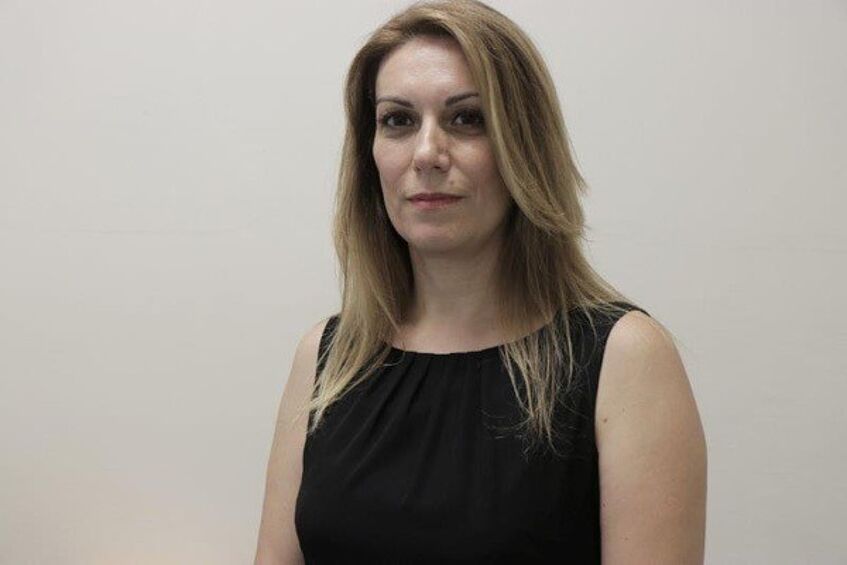
© uni:view Magazin
Univ.-Prof. Dr. Katharine Sarikakis
Professor of Media Governance, Media Organisation, Media Industries
Director of Media Governance and Industries Research Lab, University of Vienna
Katharine Sarikakis is Professor of Communication Science with specialisation in Media Governance, Media Organisation and Media Industries at the Dept. of Communication Science, University of Vienna. She holds the Jean Monnet Chair of European Media Governance and Integration and leads the Media Governance and Industries Research Lab. Her research focuses on issues, contexts, actors and impacts of media and cultural governance and their under-explored interconnections to citizenship, autonomy and control. Katharine has served as elected Chair of the Communication Law and Policy Division of the International Communication Association until 2018.
Homepage: www.sarikakis.info
Abstract
Media as the Fourth Estate? Between Agora and Tyranny in the Authoritarian Century
If the aim of democracy, as opposed to authoritarianism, is the utmost participation of citizens in public life, then this public life can only be conducive to meaningful citizens’ participation, when openness, humanity, compassion and commitment are the pillars upon which institutions and processes are based. In that respect, public life and public speech are arguably the battleground, with freedom, Aristotle’s eleutheria, the standard that contrasts democracy to authoritarianism and tyranny. It is in the media, and more comprehensively understood, in communicative spaces, where the pursuit for a better life is unfolding in citizens’ everyday lives, bringing meaning about the world around them, about their own experiences and their place in this world. At the end of this authoritarian century of tyrannical rulers, violation of human dignity, mass extermination of the ‘other’, imposed war and catastrophe, we are faced with a spectrum of both hope and despair, as the lessons learned for the civics have been plenty, but as world politics seems to dive deeper and faster than ever before into barbarity and catastrophe.
Where is the place of the media as meaning makers, as the fourth estate, as the watchdogs, the institutions that hold power into account? Where is the place of the media as elements in a complex online and offline continuity of communicative spaces and what is their role as institutions tasked with defending true, open and comprehensive democratic processes, in the era of misinformation and ‘fake news’, social sorting, mass surveillance, and hate speech? What forms of governance have brought media to become unaccountable actors bedfellows in oligarchies and tyrannies across European countries, and what forms of resistance have also allowed for the creation of spaces to counteract barbarity , to connect, to pursue the ‘good life’ of true participation and belonging?
Through a closer look at the crises in the European continent, this discussion aims to respond to some of the biggest institutional questions, about the place and role of the ‘media’ between practices of the Greek Agora of free citizens and the demagogy and manipulation of tyrannical rule. The crises are the pivotal moments where both institutional and cultural worth are put into test: institutions are tested on their ability to withstand abuse of power and defy corruption, while culture is the testing ground of the resilience and strength of the values of a society: Forced mobility, the drama of refugee movement, isolation and filter bubbles in hate discourse and political marginalisation, imposed social impoverishment and rolling back of earned rights, the segregation of haves and have-nots, are the flashlights in crisis moments of the Northern Hemisphere. To that, inextricably connected is the frightening final assault against liberties, the delegitimisation of journalism as a worthy pursuit and as a pillar for democracy, with the targeted killings and intimidation against those who aim to restore institutional accountability and citizens existence in public life.
Programme: Keynote 8, Friday, 7 September 2018, 10:30-12:00